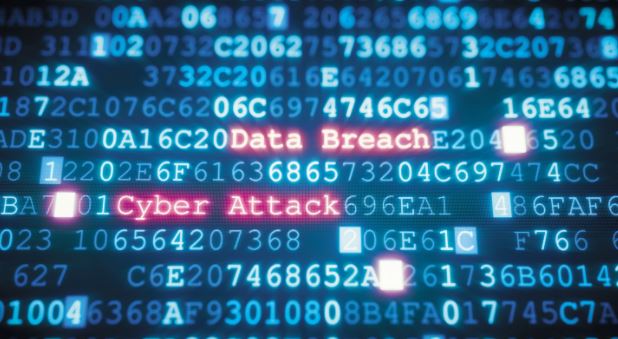The Indonesian government is investigating a hacking group that claims to have stolen the personal records of thousands of police officers, this as part of a series of cybersecurity incidents that have been affecting this country for the past few weeks. The announcement was made through a now-suspended Twitter account, in which an alleged Brazilian hacker claimed to have gained access to nearly 30,000 personal records after compromising police servers.
The alleged hacker claims that the compromised records include names, addresses, phone numbers, email addresses and blood type of the agents. A representative of the national police mentioned that authorities are already investigating the incident, although he did not elaborate.

To the time being, there is still no confirmation about the hackers’ allegations, but Indonesian police keep searching information to whether confirm of rule out these threats.
As mentioned above, this incident was reported just a few days after the Indonesian police unit specializing in cybercrimes confirmed that its systems were the target of a security incident. Authorities have not confirmed whether there is a link between the two cyberattacks.
This recent wave of cybersecurity incidents has caused the government to rethink whether its current protection measures are adequate, especially after attacks against the Ministry of Health became known, resulting in the leaking of the medical records of more than 1.3 million patients, including thousands of positive COVID-19 diagnoses.
Wahyudi Djafar, executive director of the nonprofit Institute for Policy Research and Advocacy, believes this is a watershed moment to demand greater transparency from the government in investigating reports on data breaches: “The challenge is that every time there is a data breach involving public institutions, there has been no investigation process that is done responsibly”, he ensures.
According to Djafar, transparency is a vital factor during security breaches investigation processes, as it allows affected users to take preventive measures before malicious hackers can use the leaked data for their own purposes.
To learn more about information security risks, malware variants, vulnerabilities and information technologies, feel free to access the International Institute of Cyber Security (IICS) websites.
He is a cyber security and malware researcher. He studied Computer Science and started working as a cyber security analyst in 2006. He is actively working as an cyber security investigator. He also worked for different security companies. His everyday job includes researching about new cyber security incidents. Also he has deep level of knowledge in enterprise security implementation.
